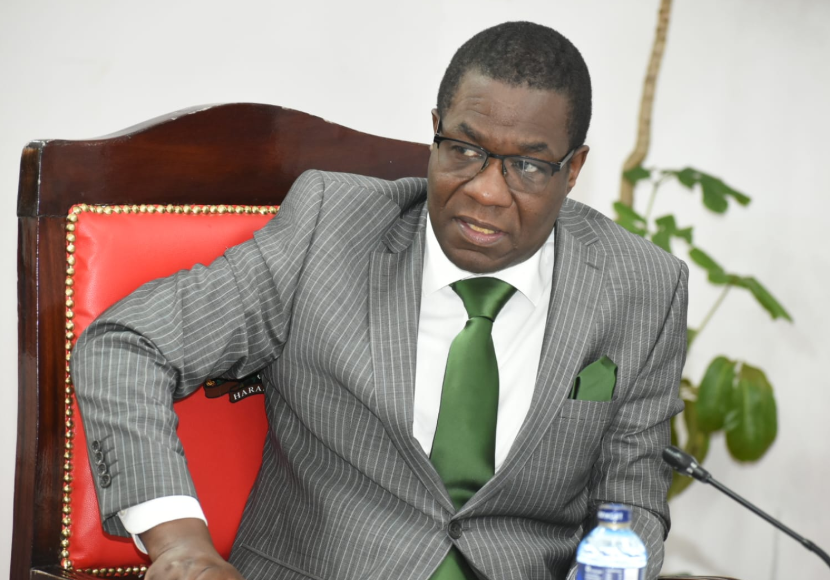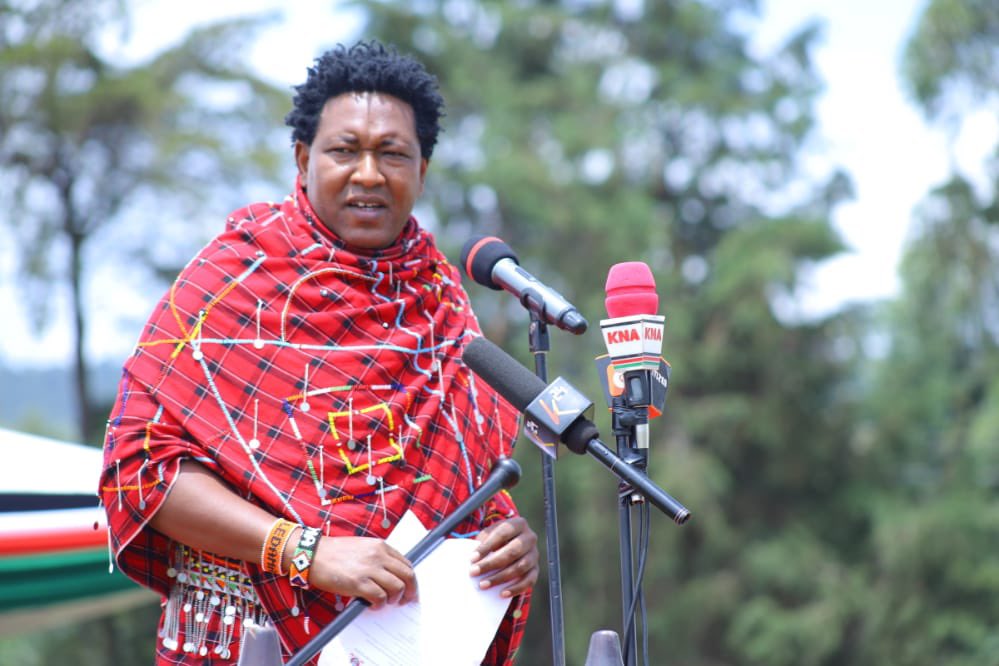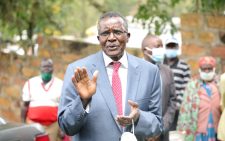State mulls ways to solve aging workforce issues

Steve Umidha @UmidhaSteve
The State appears to be waking up to the reality of an ageing workforce and older workers making up a considerable portion of the staff in public offices.
Government is now racing against time to secure the future of these individuals whose lives after retirement hinges on social security, outlining some policy directions meant to fast-track reforms in the pension system.
Additional impetus for these pension reforms planned by National Treasury and Planning ministry comes from statistics showing less than 10 per cent of the population can lead financially independent life after retirement.
The low preparedness for retirement has been pegged on several factors such as high cost of living, not having enough income to save, lack of saving discipline, lack of financial advice and lack of investment ideas or options.
Association of Kenya Insurers (AKI) says majority of respondents to its Kenya Retirement Preparedness Survey 2019 confirmed that they were not ready for retirement – with only 29 per cent feeling they are well prepared for it.
Prioritise amendment
In his 2021/22 budget statement, Treasury Cabinet Secretary Ukur Yatani said that the government will prioritise the amendment of the Retirement Benefits Act and the Pensions Management Information System later in the year to reduce vulnerability of Kenyans during old age.
“To enhance good governance and improve accountability and transparency in the management of retirement benefits schemes, I propose to amend the Retirement Benefits Act to provide for the registration and regulation of corporate trustees that provide services to pension schemes,” he said last Thursday.
Yatani said that given the disparities in the design of the various existing pension schemes and the attendant laws, it had become necessary that the laws be harmonised, hence the need for establish one National Retirement Policy.
The policy, currently under development, seeks to achieve comprehensive pension coverage across the formal and informal sector and is expected to be ready by December this year.
Also on the cards is the development of post-retirement medical regulations to allow members to make additional voluntary contributions to a medical fund.
The Minister said the move would enable retirees access the funds at retirement or transfer a portion of it to a medical insurance provider.
Yatani has also proposed to amend the Retirement Benefits Act to provide for regulation of post-retirement medical funds.
He said existing regulations exclude post-retirement medical funds established under irrevocable trust by employers and service providers outside a retirement benefits scheme popularly known as StandAlone Post-Retirement Medical Funds.
“These funds have remained unregulated thus adversely exposing members’ funds,” Yatani explained.
Public service
In January this year, the government rolled out the Public Service Superannuation Scheme that covers civil servants, teachers and the disciplined forces aged below 45 years at the commencement of the scheme with an option for those over 45 years to join. As of April 2021, a total of 340,318 public servants had joined the scheme.










